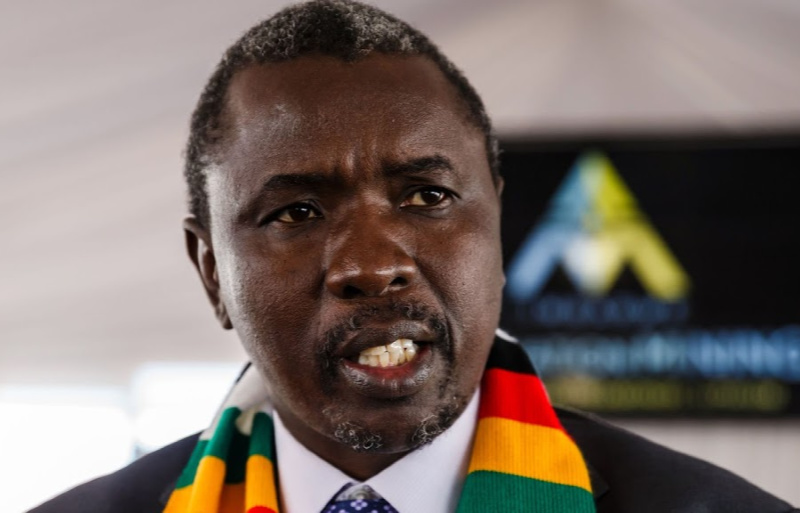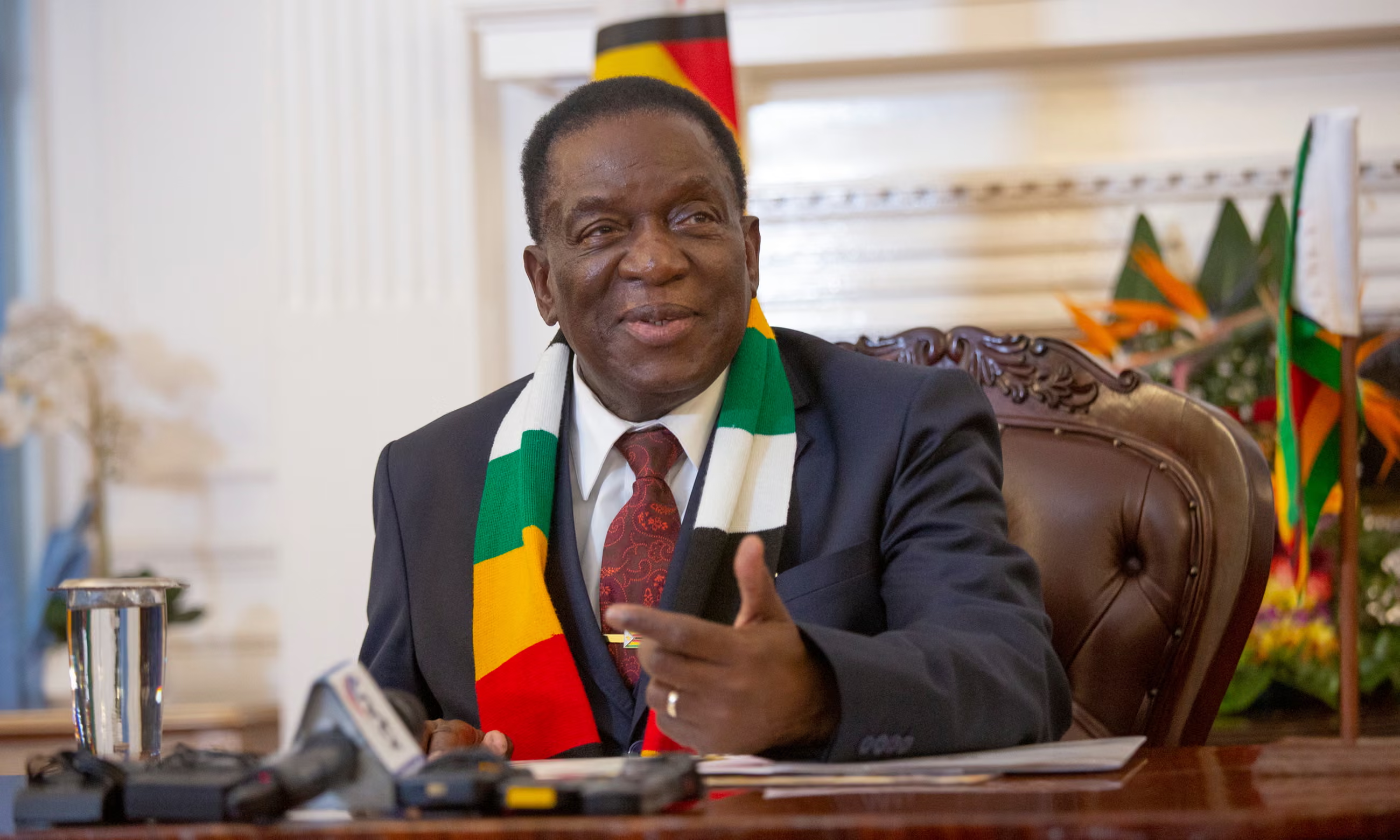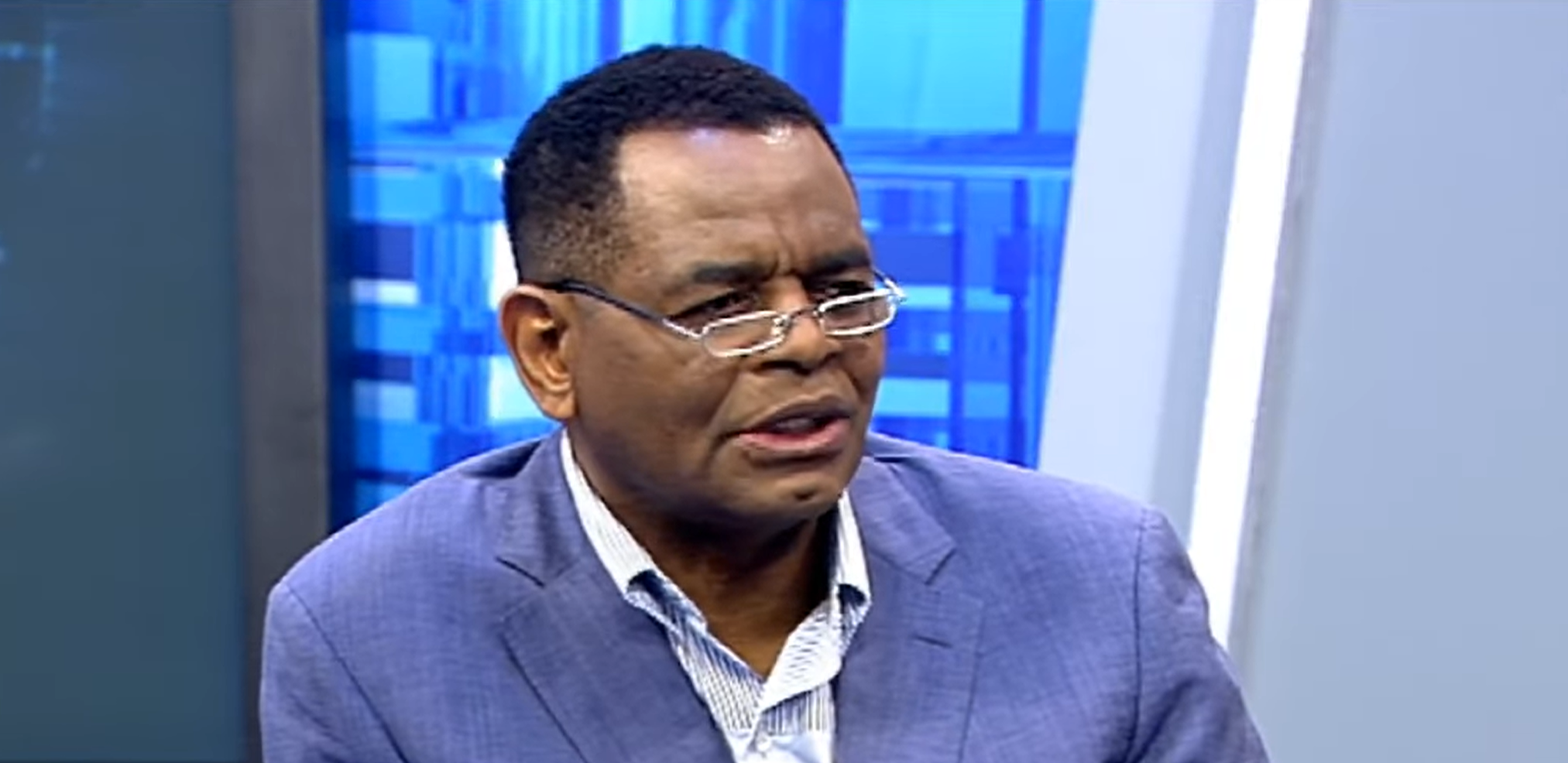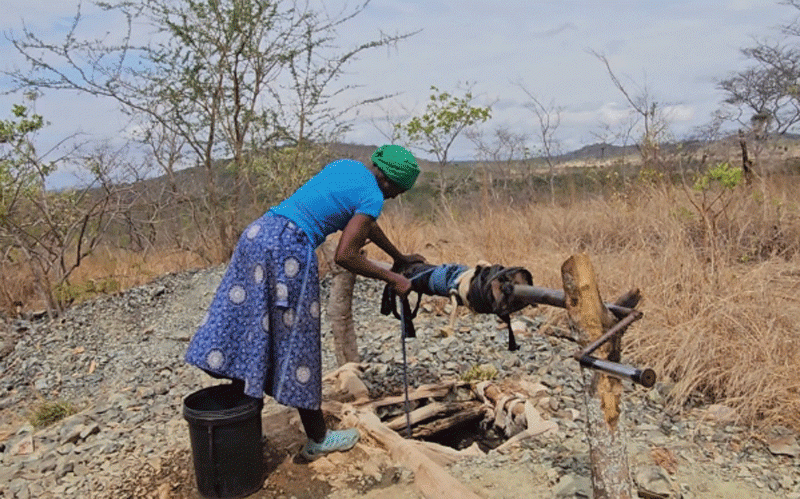
BY STAFF REPORTER
Sakunda Holdings, the company that spearheaded the command agriculture programme says there was nothing wrong with the way it was given treasury bills following allegations that the deal was corrupt.
The company, owned by businessman Kudakwashe Tagwirei, said the granting of special cabinet authority for the advancement of key national projects was neither irregular nor illegal as shown by an analysis of such economic interventions in the recent past.
A report, titled: Legal Tender? The role of Sakunda and the Reserve Bank of Zimbabwe (RBZ) in Command Agriculture, by the United States-based investigative and policy organisation, claimed that Sakunda redeemed TBs it held under the US$1 billion command agriculture programme at a favourable exchange rate approved by the central bank, while 67% funds for the facility were not recovered by 2018.
The Sentry, Daily Maverick, the Organised Crime and Corruption Reporting Project who said they have investigated the programme posted varying figures as profit for Sakunda Holdings with the latest report pegging it at US$90 million down from US$6 billion.
Sakunda said the varying figures just showed the “lies” being peddled by the “anti-government proponents”.
Initially, the total prejudice projected by the institution was estimated at US$6 billion, before being revised down to US$3,6 billion and now US$1.2 billion, according to the Sentry latest report.
“The contracts were facilitated by the special cabinet authority and thus were not subjected to public tendering processes,” Sakunda said.
- Chamisa under fire over US$120K donation
- Mavhunga puts DeMbare into Chibuku quarterfinals
- Pension funds bet on Cabora Bassa oilfields
- Councils defy govt fire tender directive
Keep Reading
“The government uses special cabinet authority in exigent circumstances, such as guaranteeing food security through initiatives like command agriculture. Several companies have over the years been awarded contracts to undertake national projects via special cabinet authority.”
Sakunda said the fluctuating figures exposed “desperation by anti-Zimbabwe politicians and non-governmental organisations to tarnish the company’s image.
“At first, it was $6 billion dollars. Within a few months. It was down to $3 billion. A few weeks ago, the figure had declined to roughly US$1,3 billion. And now, we are told it is $90 million,” the company said.
“This is the amount of money that a group of anti-Zimbabwe politicians and NGO-funded ‘investigators’ have variably claimed to have been looted by Sakunda Holdings through its participation in the successful command agriculture programme from 2016 to 2019.”
Sakunda added: “From an initial claim of $6 billion, the figure has shrunk to the $90 million alleged in the sentry’s latest report published on March 17, 2022.
“So why has the figure fallen by nearly $5,9 billion from $6 billion to below $100 million? Is it – as posited by some observers – a realisation by the accusers that they cannot substantiate their billion-dollar claims?”
“Or is the latest climb-down related to the March 3, 2022, report by the opposition-chaired public accounts Committee of the Parliament of Zimbabwe, which found that Sakunda fully accounted for its participation in the Special Maize Import Substitution Programme (command agriculture).
“So perhaps the parliamentary report clearing Sakunda of any wrongdoing has prompted the latest climb-down, which brings the figure of allegedly looted money from $6 billion to $90 million.”
The parliamentary public accounts committee (Pac), in its latest report, said: “Total payments to Sakunda for 2017 was $378,739,319.75 and for 2018 it was $235,954,143.85.”
It pointed out that several other companies had also benefited from the special cabinet authority to participate in improving agriculture.
“Total payments in 2017 and 2018 for presidential scheme is $573,392,887.33 (paid to FSG – $ 392,853,180.22; Quton – $19,753,638.00; Pedstock – $7,538,441.69; Cottco – $30,898,812.65; Sakunda $51,205,481.25; Sable Chemicals – $4,900,00; Seedco – $40,150,000.00; Valley Seeds – $8,700,000; Windmill – $17,800,000; and ZFC – $17,750,000.)”
The PAC said the government-issued TBs to at least 10 companies contracted for command agriculture and the presidential inputs support scheme.
The committee said the issuance of TBs to Sakunda was above board.









